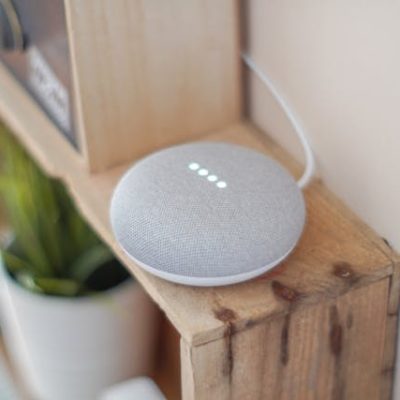Arianna Huffington will be pleased. The outspoken media mogul has often discussed her borderline addiction to her four BlackBerry smartphones (although no one seems to know if she’s upgraded to a swanky new BlackBerry 10 model yet), and she hit the headlines in January 2011 for refusing to turn her phone off on a flight from Washington to New York. Now, though, the FAA is poised to reconsider its guidelines on mobile phone use during flights. Soon Arianna (and everyone else) might be able to call, text and email, thousands of feet up in the air.
In truth, the justification for banning phones on planes (flight mode and its unhelpful lack of calling service notwithstanding) has always seemed a little strange, to say the least. The rules were brought in following a number of incidents where mobile phones or laptops were alleged to have cased aircraft to malfunction, including one in particular where a problem with the autopilot caused a Qantas jumbo to veer alarmingly before the pilot regained control. This led to a hypothesis that radio waves from portable communications devices, such as mobile phones and laptops, could affect aircraft equipment – this led to a blanket ban in the 1990s.
Now though, such bans are thought to be archaic and have gradually been scaled back in virtually every country, apart from the US: British Airways has recently announced that it will let mobiles be used as soon as the plane has touched down, and Singapore Airlines plans to launch a system next year that will offer onboard Wi-Fi, and possibly enable voice calls. Unless the FAA does change its guidelines though, passengers will still have to switch off when they enter US airspace.
For many observers, it seems inevitable that mobile phones will be allowed to function on planes. There is simply no evidence that radio waves from mobiles cause aircraft problems. Already, the UK’s Civil Aviation authority has said it is satisfied there is no risk, and tests by both French aircraft investigators and Boeing have found that radio waves have little to no impact on airplane systems. The sole evidence remaining is a small number of individual cases where planes experienced problems that resolved themselves when a crew member or passenger turned off their mobile or laptop. These may well have just been a coincidence.
More to the point, a recent survey found that nearly a third of passengers leave their phones on during take-off and landing anyway, so we would probably know by now if mobile radio waves really did cause problems.





